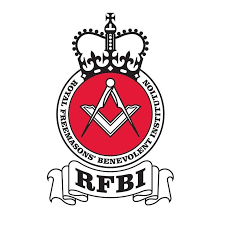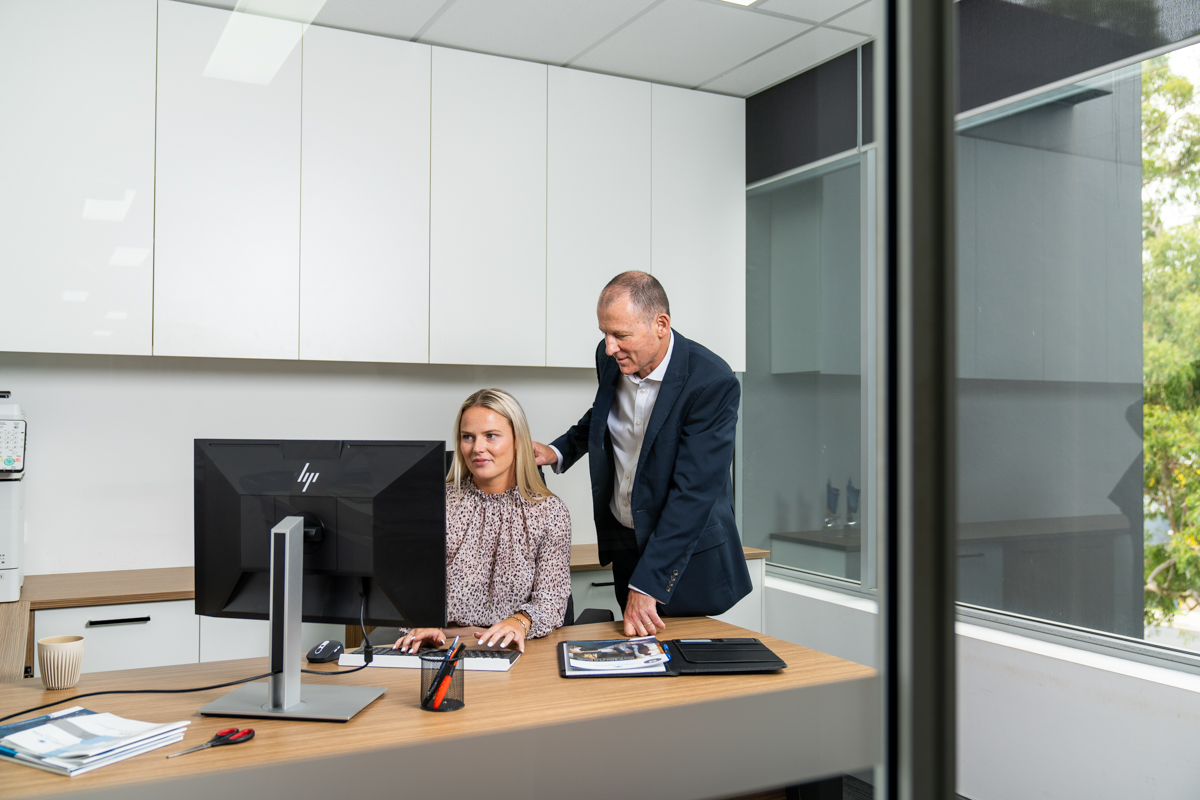Preparing for a Cyclone
Every year, Australia’s high-risk cyclone areas can expect an average of two to three cyclones to cross the coast during the November-April cyclone season. Combining strong winds, heavy rain and flying debris, cyclones can be devastating. However, you can take action before, during and after a cyclone to reduce the impact on your home or business.
Before a Cyclone
- Secure the roof, walls and eaves of your premises. Trim tree branches around your premises. Clear away or secure items outside that could be blown about by the wind or carried away in surging water.
- Familiarise yourself and your family or colleagues with your cyclone emergency plan. Put together an “Emergency Pack” including tinned food, water, first-aid kit, warm clothing, and a torch. Be prepared for power, water and communication outages.
- Before a cyclone hits, move all vehicles under cover if possible. Secure all shutters, windows, doors, and any items left outdoors. Turn off gas and power supplies.
- Ensure you provide your Account Manager of any major changes that happen within your business so they can make sure that the sum for which you are insured covers the replacement value of the items that you wish to insure.
During a Cyclone
- Be aware of where the cyclone is expected to be heading. Use a battery-powered radio to monitor your local radio station for updates on the cyclone, weather, power supply, emergency warnings and evacuation alerts. Contact 000 or your local SES in any emergency.
- Remain in your home or business if the building meets appropriate cyclone regulations and is not in a storm surge/flood-prone area. If your building does not meet cyclone regulations, know where you and your family or colleagues can shelter safely.
After a Cyclone
- Stay away from fallen power lines and anything that may be touching them. Also avoid damaged buildings and trees, as well as creeks and rivers that are flooded.
- Continue to monitor your local media outlets for updates on the weather, power supply, emergency warnings and evacuation alerts. Don’t go outside until authorities advise that it is safe.
- Once the danger has passed, take photos of damaged or destroyed items before disposing of them to assist in any insurance claims. Speak to our dedicated Claims Department or your Account Manager to lodge your claim.
As always, please don’t hesitate to get in contact with us on (02) 9587 3500 or theteam@wsib.com.au should you have any questions or need any further advice.















